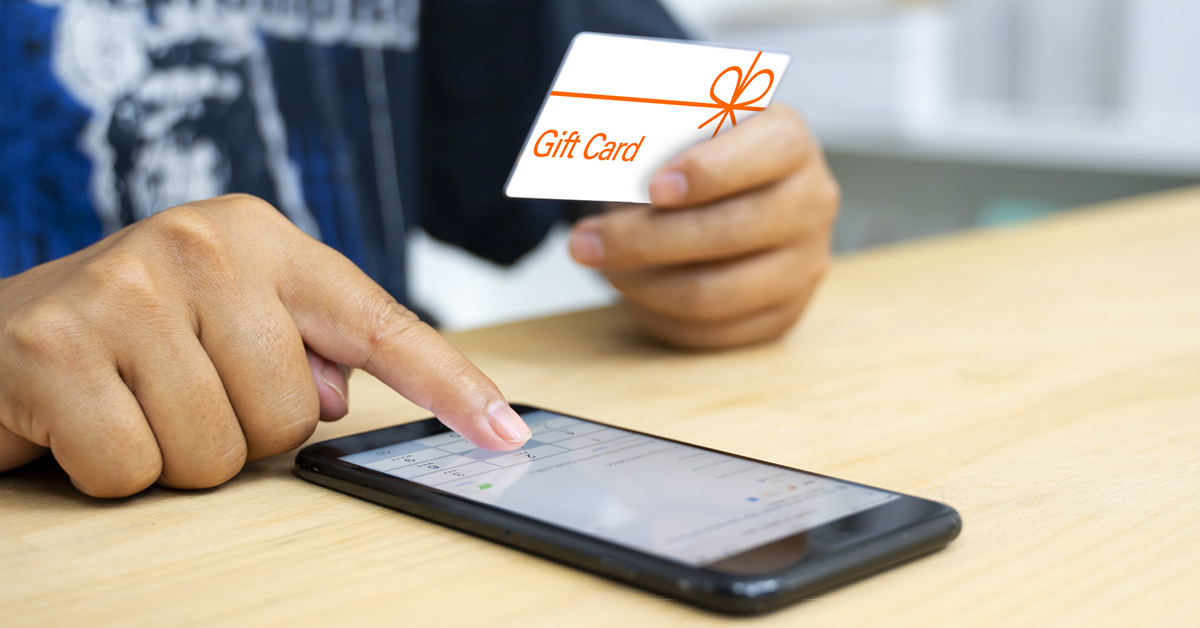
A law signed by President Obama in December 2016 is designed to bring new efficiencies, cost savings and care improvements to the personal care and home healthcare sectors.
The 21st Century Cures Act includes a wide range of measures intended to streamline the U.S. healthcare industry, bringing better, more efficient care to citizens. Among these measures, Section 12006 incentivizes all states implement an Electronic Visit Verification (EVV) solution to manage their Personal Care services by January 1, 2019, and for all other Home Healthcare services by January 1, 2023.
Big Incentives For State EVV Adoption
While there are sanctions for not implementing EVV—states risk losing up to 1 percent of federal medical assistance—the incentives for EVV adoption make it more of an opportunity than a forced move for states.
The new law provides states up to 90 percent federal funding for design, development and implementation of an EVV system, and up to 75 percent federal funding for operation and maintenance of the system. This funding is available to all states that operate their own EVV system or have a contractor operate the system for them.
EVV Delivers Proven ROI, Savings For States
The incentives aren’t just coming from the federal government. First designated as a “promising practice” by the Center for Medicare and Medicaid Services (CMS) in 2004, several states are already realizing a wide range of benefits from deployed EVV systems—from program efficiencies and cost reductions, to fraud mitigation and care improvement. In fact, the state of Oklahoma documented $12 million in program savings in its first two years with EVV, while also reporting a 10 percent reduction in fraud and a 500 percent return on investment (ROI).1
A Quick Primer: How EVV Works
Modern EVV systems are essentially an electronic time clock for home care workers. They provide a means for home care workers to electronically “check in” and "check out," recording the time, date, and location as determined by caller ID of the client's home phone or by the GPS service on the worker's phone or tablet. They also enable home care workers to digitally record information about the visit—specific care or services rendered—and to report changes in patient condition for follow-up.
EVV Improves Patient Care
Digital verification of home healthcare services helps confirm that providers visit patients as stipulated by the care plan and helps providers deliver the right care and services. By empowering home care workers to record real-time information on services provided and patient conditions, EVV helps providers adjust care plans to improve care and promote better patient outcomes. At an operational level, EVV data can be used by program administrators (at the state, MCO or provider level) to identify delivery issues and drive more efficient delivery of care. And at a more basic level, by enabling dependable, efficient home care, EVV enables states to offer home care services to more citizens requiring chronic care—who overwhelmingly prefer to remain in their homes and avoid institutional care whenever possible.
EVV Benefits Care Providers, Too
Digital visit verification frees home care workers and administrators from the tedium and inaccuracies (and significant related costs) of paper time sheets and manual billing. It also helps provider organizations comply with record keeping requirements of the Fair Labor Standards Act, which was expanded in 2016 to include personal care workers. Finally, home care workers have indicated they simply feel safer knowing that someone in their office knows exactly where they are—and can escalate a concern if they do not check in as expected.
A Trusted Partner to Guide Successful EVV Implementation
Since implementing the first statewide Medicaid EVV solution in collaboration with CMS in South Carolina in 2003, First Data has honed our AuthentiCare® EVV platform through several successful statewide implementations. Today, we leverage more than a decade of field-tested experience to deliver streamlined EVV implementation that helps projects stay on track and on budget. EVV can assist you in achieving the benefits of the new federal law and maximize incentives and avoid penalties. Moreover, our deep expertise enables us to build an EVV solution that fits each state’s unique care program structure, workflows and needs—helping to maximize the efficiencies, quality improvements and cost savings to drive measurable ROI.
Want to learn more about the benefits of statewide EVV and how it can be implemented quickly in your state? Contact one of our AuthentiCare® specialists today:
Grant McKay: Grant.McKay@firstdata.com; 513-878-8325
Asad Salahuddin: Asad.Salahuddin@firstdata.com; 512-493-2741
1Oklahoma Department of Human Services study, “Impact of OK AuthentiCare Electronic Visit Verification (EVV) on ADvantage Program Budget,” 2013





